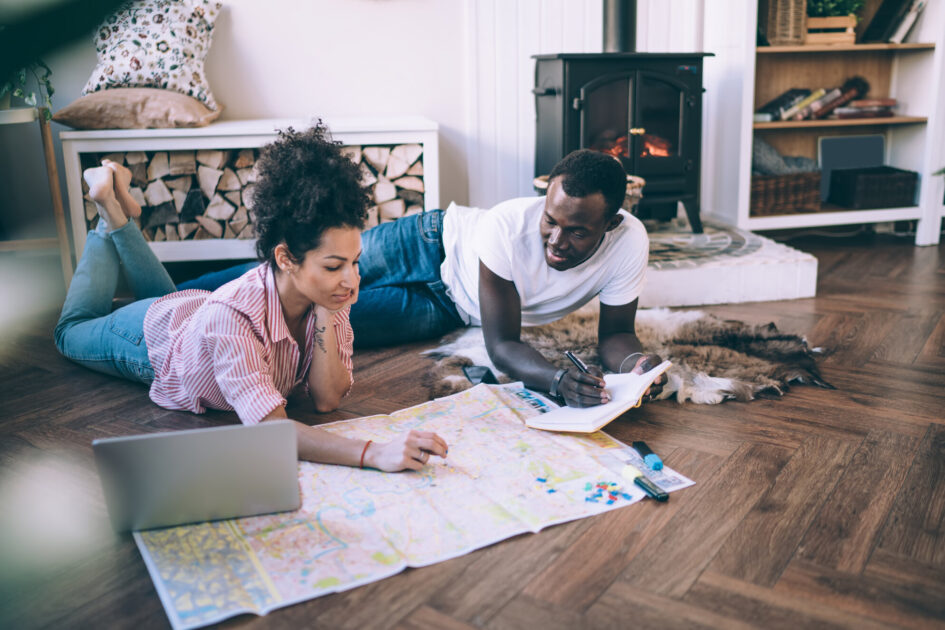What The Science Behind Trip Planning shows US
Planning for travel — thinking about it, talking about it, and imagining it can make you happy, even if you’re not sure when that adventure will be, according to researchers.
“This virus can stop our travel plans, but it cannot stop our travel dreams.”
– Rick Steves, travel expert
WHY Trip Planning IS Good for You
Former clinical psychologist turned author Alice Boyes says trip planning can benefit your mental health, especially if you’re anxious by nature.
Here’s how trip planning can benefit mental health:
- It can be calming.
- It can reduce anxiety.
- It can provide a sense of comfort.
- It may in fact be the best thing you can do to stay optimistic.
How to Plan a Trip
Boyes says the general approach to trip planning is best to follow for now and according to her, is “like learning about a national park you want to visit.”
Here’s the general and best approach for trip planning:
- Plan a vague itinerary (where to go, what to do)—without getting attached to taking the trip at any specific time.
- Start to book flights and hotels once experts say it’s safe to travel again.
- File your itinerary away for another time if the experience becomes more stressful or depressing than fun.
Here are some additional tips and tricks for trip planning:
- Get inspired by reading travel books and finding ones that either whisk you away to paradise or get you excited to slow down and savor the journey.
- Brush up on your trip-planning skills by reading up on the best places to visit, best times to visit and best ideas to explore in each state and country.
- Ask for help by using travel advisors to help you find the best deals, arrange complicated itineraries, and juggle large groups or family vacations.
- Gather some world, continent, country and city maps and atlases (perhaps from National Geographic) to help you illuminate a place or plan a trip.
Source:

